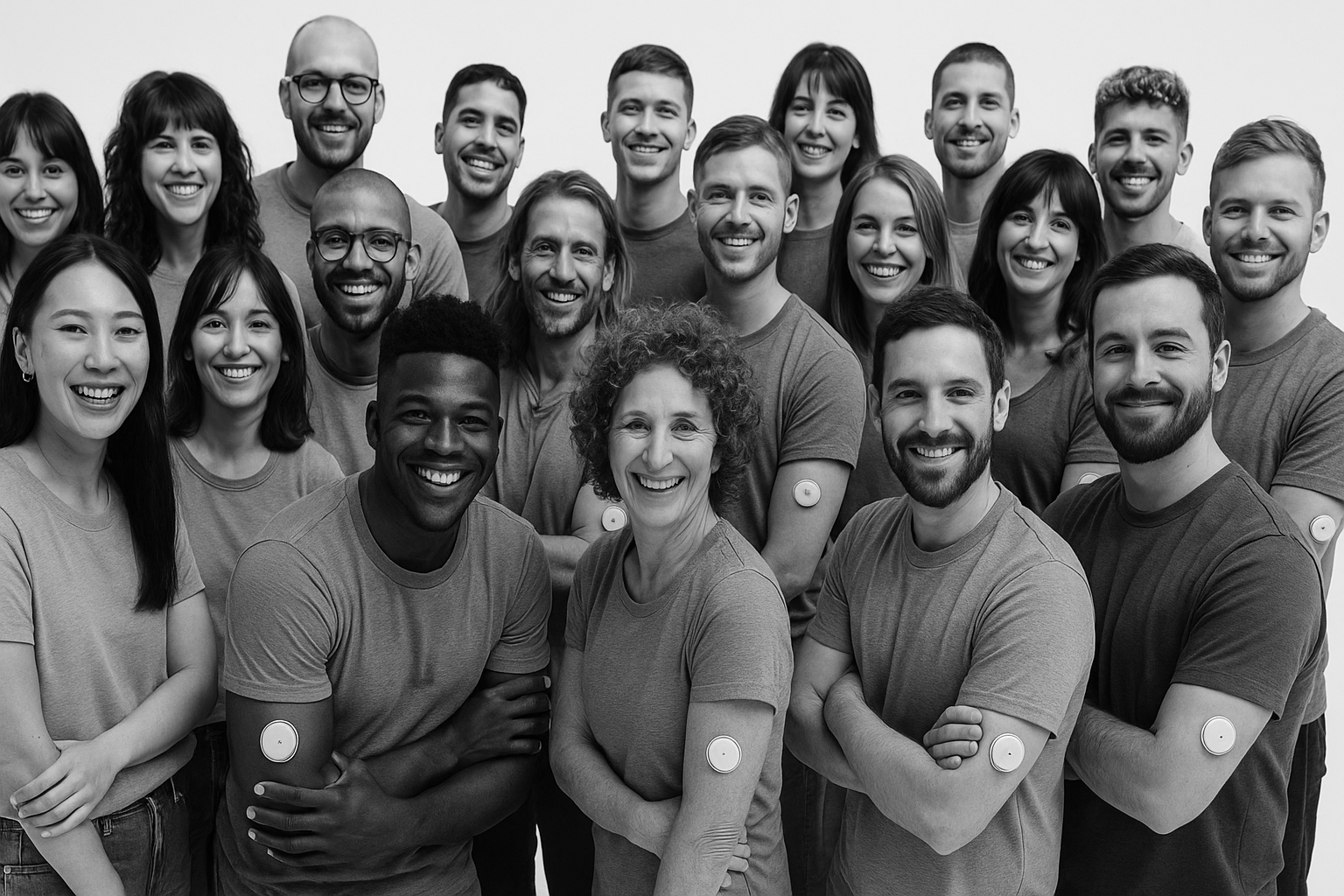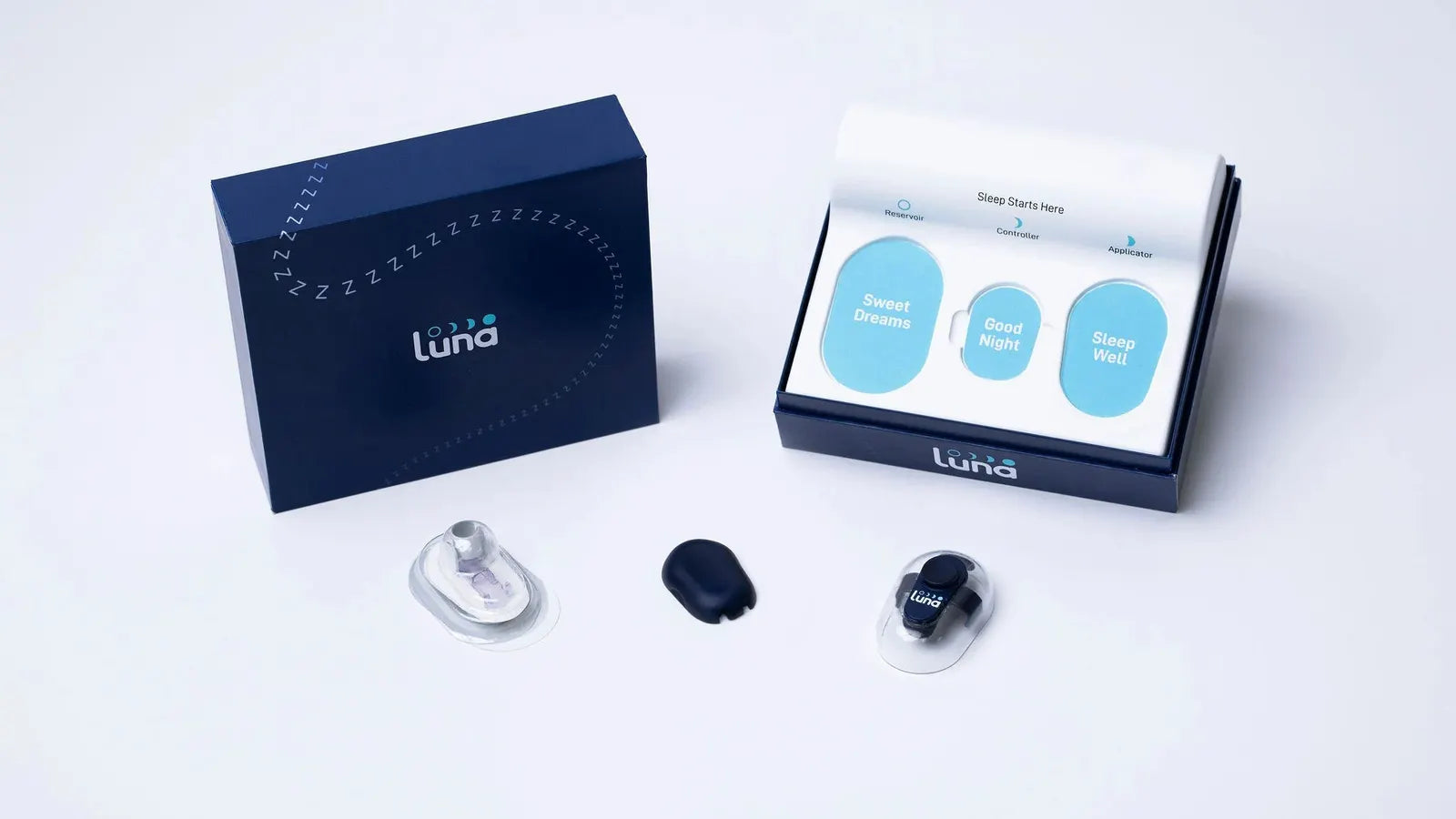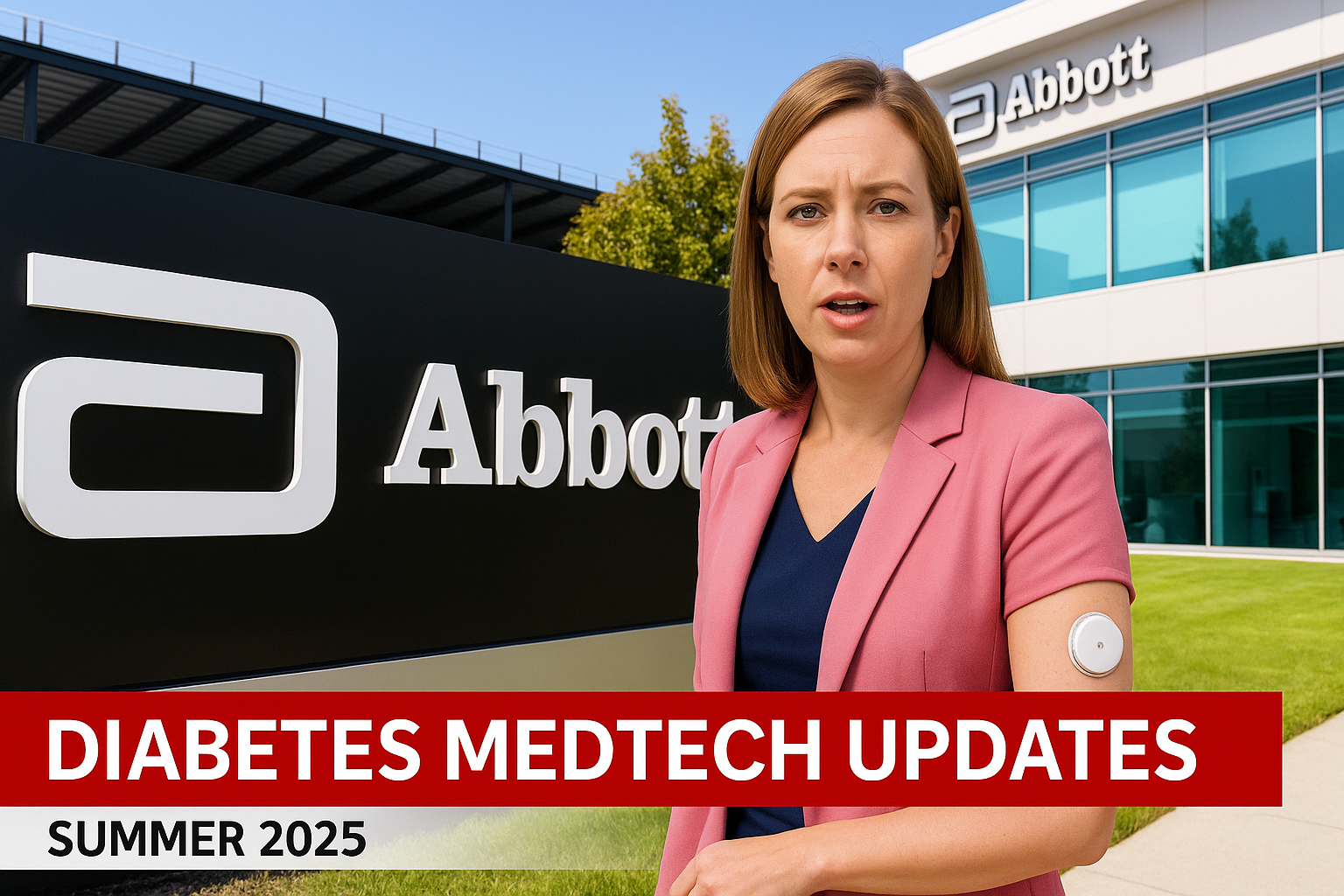
Image courtesy of Vertex
Vertex Pharmaceuticals recently presented new data at the 2024 European Association for the Study of Diabetes (EASD) conference in Madrid that could represent a major breakthrough for those living with T1D.
The data comes from the ongoing clinical trial of VX-880, an investigational stem cell therapy which aims to restore the body's ability to produce insulin, potentially reducing or even eliminating the need for insulin injections.
What Is VX-880?
VX-880 is a stem cell-based therapy designed to replace the insulin-producing cells (beta cells) that are destroyed in people with type 1 diabetes. This experimental treatment hopes to provide long-lasting glucose control by restoring natural insulin production. Imagine the freedom—no more daily insulin injections or constant fear of dangerous low blood sugar (hypoglycemia).
The trial is currently in its early phases, but the data so far is promising. Vertex paused the trial earlier in 2024 after two participant deaths but has now resumed the study. Here’s what you need to know about the latest developments.
Promising results
In the most recent data, 12 participants who received a full dose of VX-880 experienced significant improvements in their diabetes management:
- A1C Improvement: All participants achieved an A1C of less than 7%, which is the goal for optimal glucose control.
- Reduced Hypoglycemia: Participants reported no severe hypoglycemic episodes after treatment.
- Decreased Insulin Dependence: 11 out of 12 participants either reduced their need for external insulin (injections) or no longer required insulin at all.
For those living with T1D, these results are life-changing. Not only does VX-880 show the potential to improve day-to-day glucose management, but for some, it could mean insulin independence altogether.
Long-term success
Four participants have passed the one-year mark since receiving VX-880, and the data shows that all of them achieved insulin independence and maintained healthy A1C levels below 7%. Dr. Trevor Reichman, the surgical director of pancreas and islet cell transplantation at the Ajmera Transplant Center in Toronto, commented on the results: "We see greater than 90% time in range with no evidence of severe hypoglycemic episodes as far out as one year."
This means that those who have received VX-880 are spending more time with their blood sugar levels in the optimal range, helping to avoid the dangerous highs and lows that come with T1D.
Understanding the risks
Earlier this year, two participants in the VX-880 trial passed away, prompting Vertex to pause the study. However, neither death was linked directly to the treatment itself:
- One participant died due to complications following sinus surgery, unrelated to the study.
- The second participant tragically passed away following a motorcycle accident that resulted from a severe hypoglycemic episode.
While these events raised concerns, they have not been attributed to VX-880, and the trial has since resumed. The study’s focus remains on ensuring the safety and efficacy of the treatment.
Who can participate?
Currently, VX-880 is only available to those who suffer from severe hypoglycemia unawareness—a condition where individuals can't detect dangerous low blood sugar levels. These participants are at high risk for life-threatening events and stand to benefit most from the potential of this therapy. Because VX-880 requires patients to take immunosuppressants (to prevent the immune system from attacking the newly transplanted beta cells), the study prioritizes candidates who are most likely to benefit from these risks.
What this means for the future
If VX-880 continues to show such remarkable results, it could become a "functional cure" for type 1 diabetes, significantly improving the quality of life for millions. For those who have been managing T1D with daily insulin injections and constant glucose monitoring, this stem cell therapy offers hope for a future with fewer complications and greater freedom.
Disclaimer
Blogs and publications on this website are independent of any involvement by medtech companies or diabetes related charities. To ensure there is no bias, we do not accept any products, freebies or other material from any medtech provider. Except where credited otherwise, all materials are copyright ©️Love My Libre Ltd.
Love My Libre is not associated or affiliated with Abbott or FreeStyle Libre. Content here and on our website www.lovemylibre.com does not constitute medical advice or replace the relationship between you and healthcare professionals nor the advice you receive from them.
The author of this blog has type 1 diabetes and uses the FreeStyle Libre 2 which is provided on NHS prescription.





Leave a comment (all fields required). Please note, we are unable to respond to individual comments posted here.